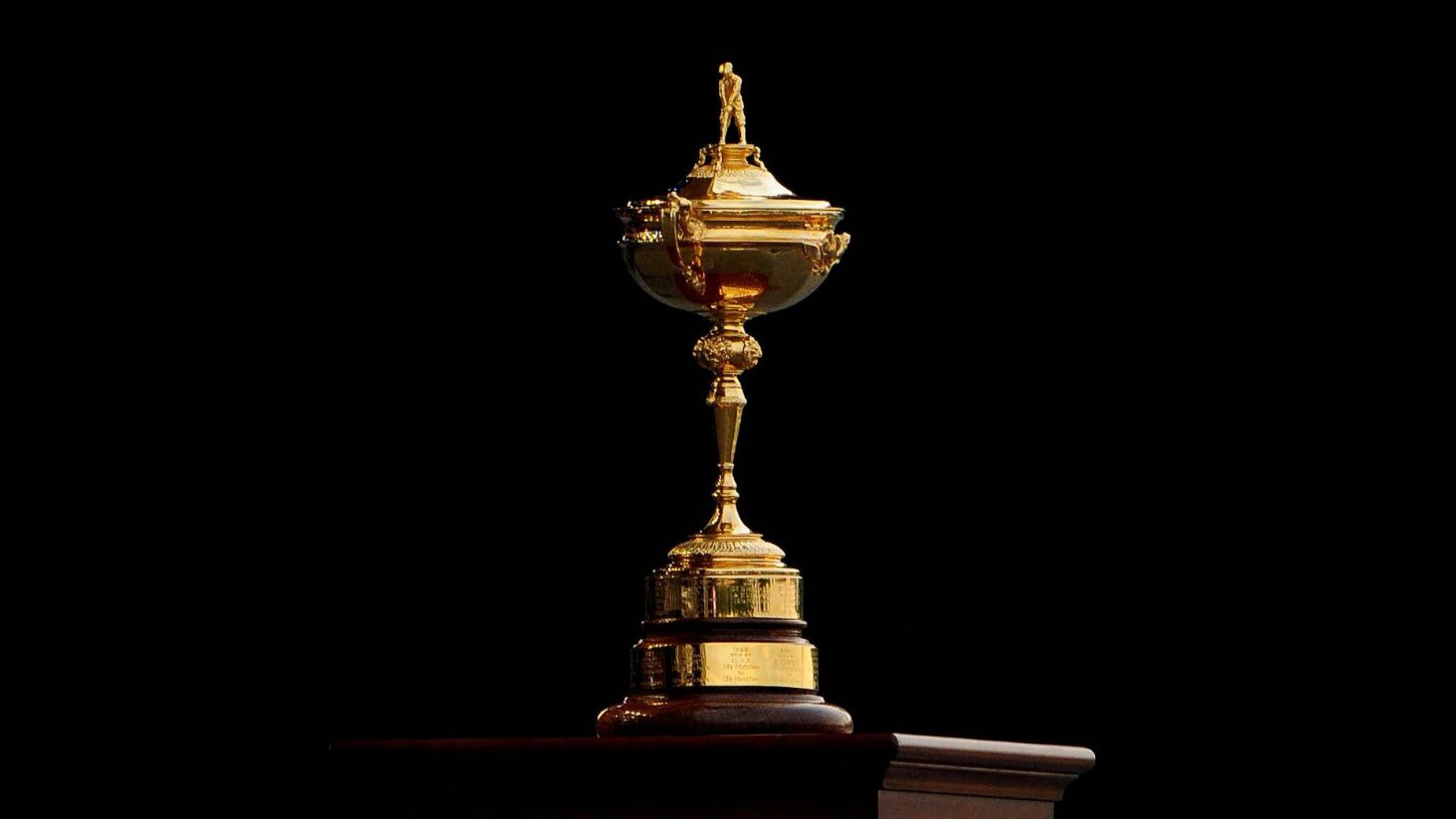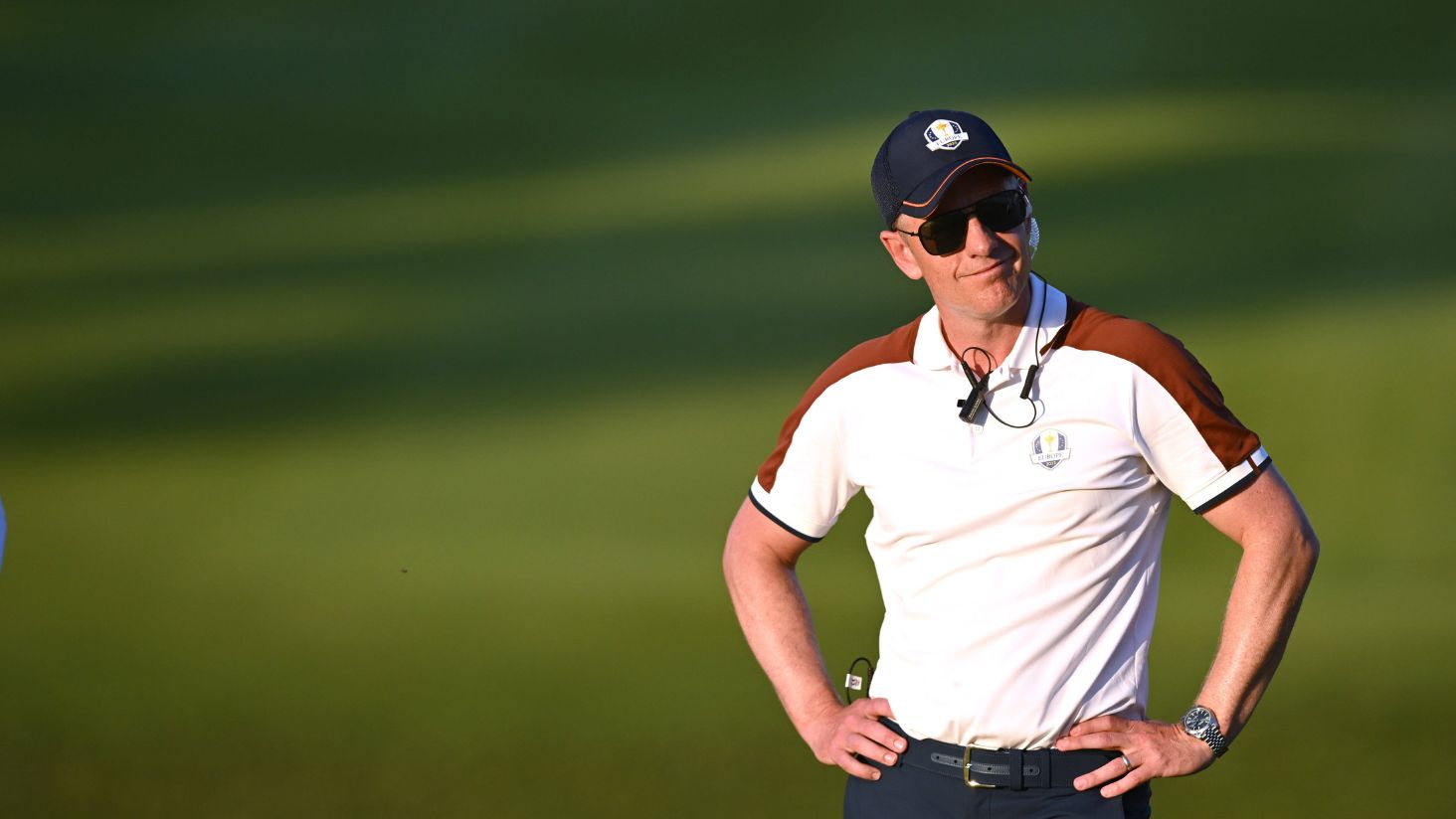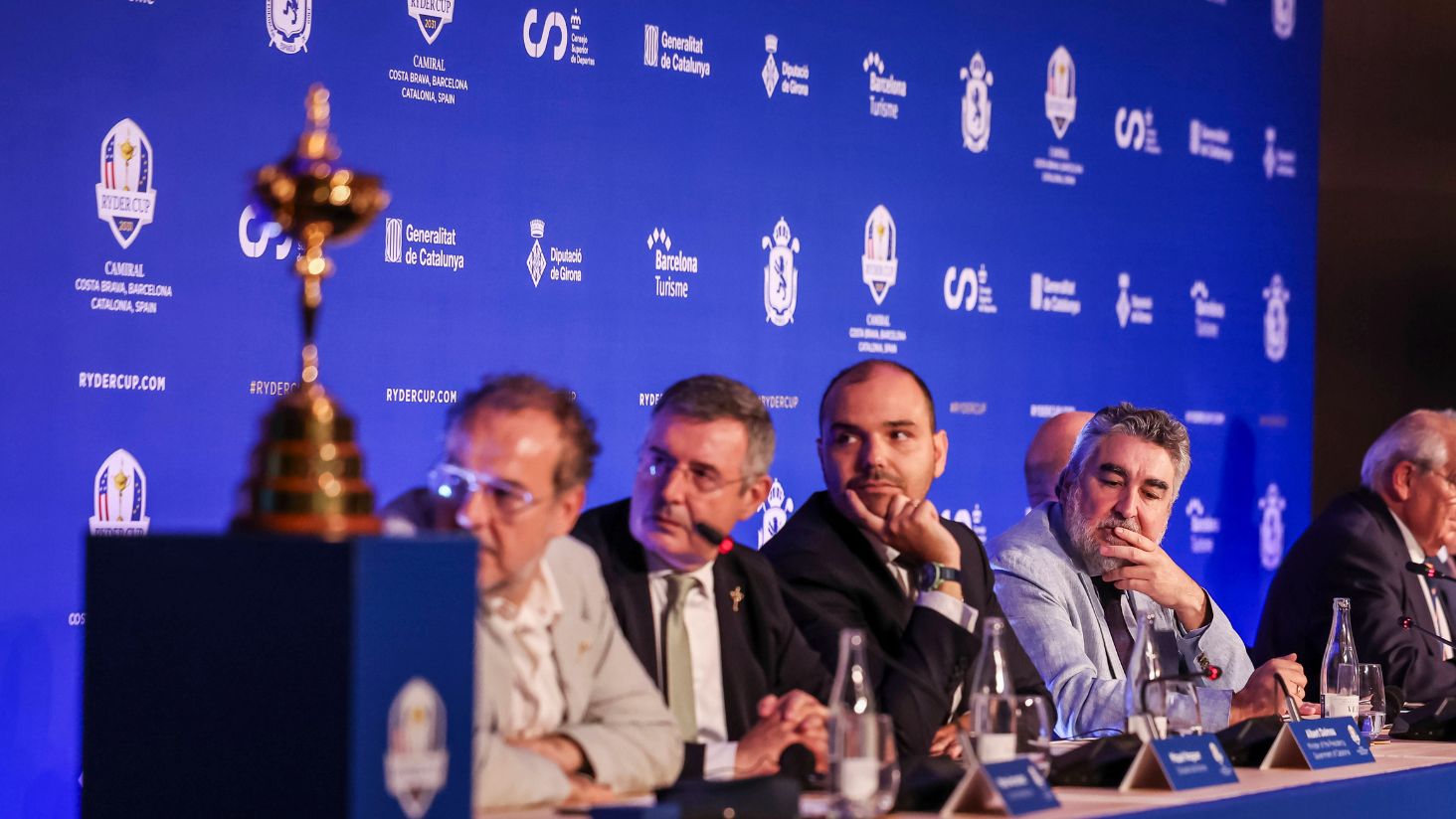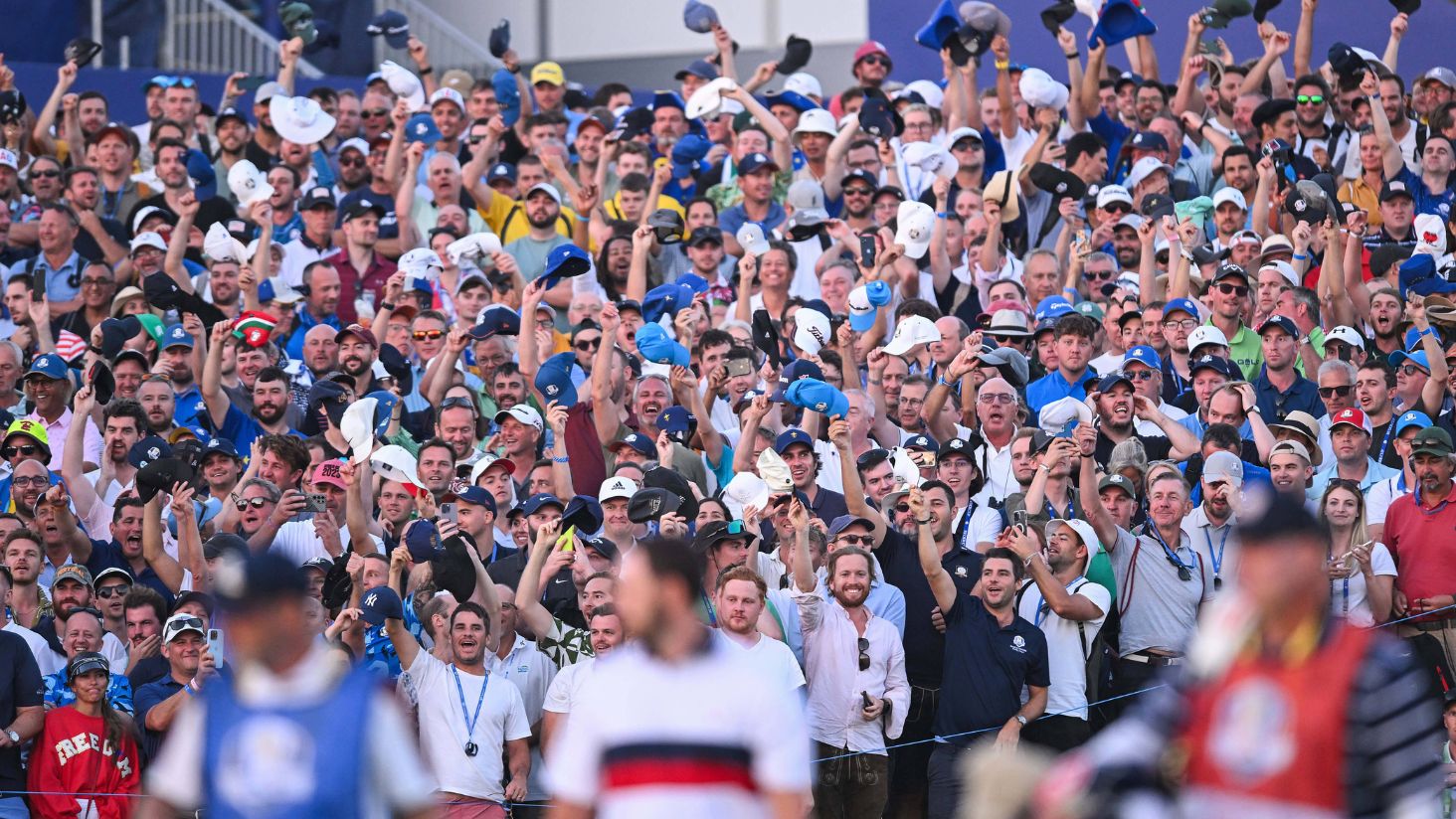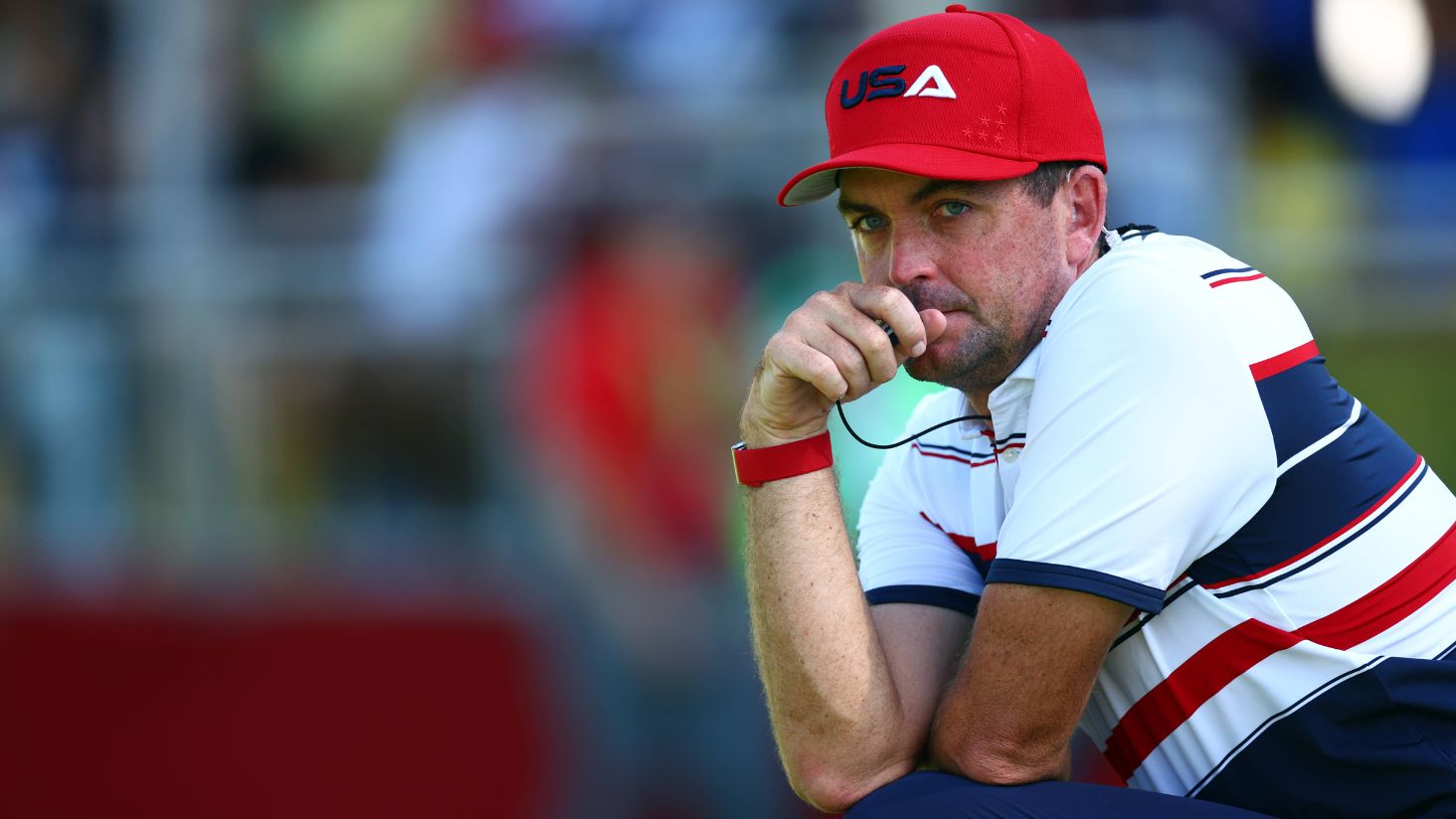
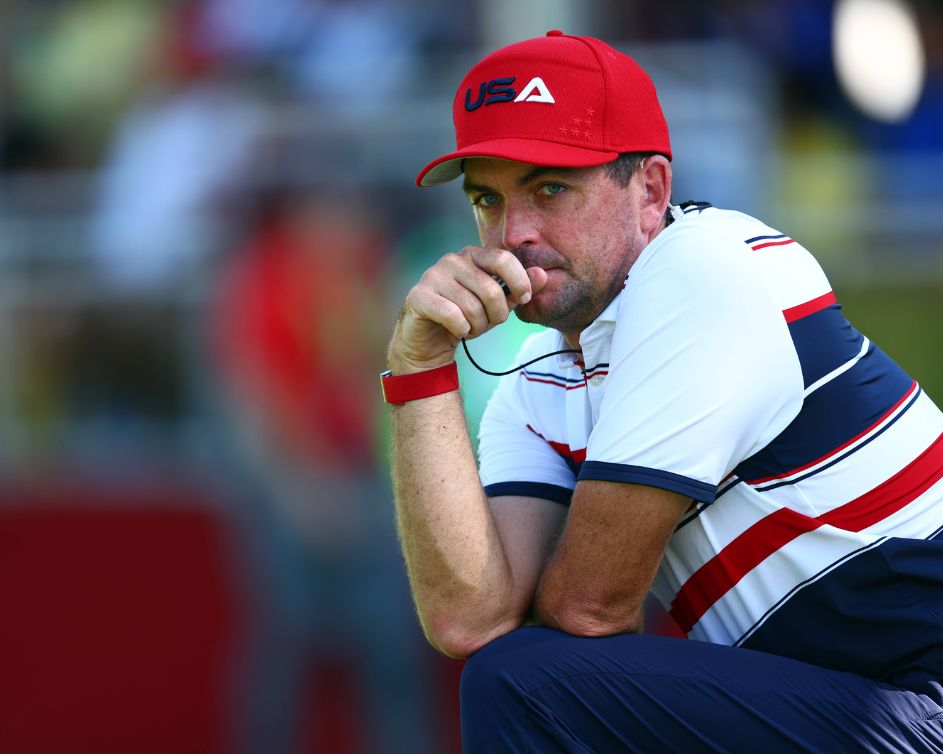
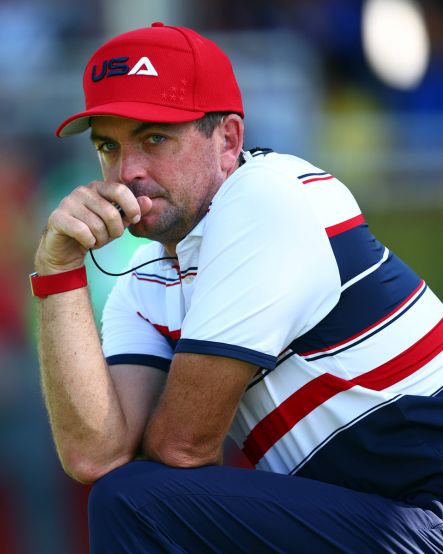
Illusion 15-13: The cascading failure of Team USA in the Ryder Cup
The narrow 15-13 defeat was an illusion. Captain Keegan Bradley's strategic error in the course setup paved the way for Europe's putters.
When Shane Lowry holed his decisive Putt on the 18th green of Bethpage Black for a shared point, the Ryder Cup was decided, but the American shock was real. The final score of 15-13 after a brilliant comeback by the US boys in the singles matches (6-1-5) gave the impression of a narrow defeat. But this close final score is an illusion.
In reality, Team USA experienced a "spectacular letdown". The reasons for the failure lie not in Sunday's dramatic final hours, but in a cascading failure over the first two days that is deeply rooted in the decisions of captain Keegan Bradley and the systemic flaws of the US program. The American team was defeated in the team sessions after leading Europe 11.5-4.5.
The cardinal flaw: defusing the "Black Course"
The biggest and most talked about mistake was a strategic error that Bradley himself described as his "cardinal sin": the setup of the course. Bethpage Black, notorious for its merciless difficulty, was turned into a "birdie-fest" by Bradley's instruction to shorten the notorious Rough and widen the Fairways.
The US captain openly admitted that he had made a mistake: "We tried to set up the course in a way that would help our team. Obviously it wasn't the right decision," Bradley explained after the tournament. He added that he had "definitely made a mistake with the course setup" and should have "listened to my intuition a bit more."
As a result, the course turned into a "putting contest" that perfectly showcased Europe's strongest weapon - its excellent putters. This was reinforced by the soft greens after heavy rainfall. The lack of a penalty for missed shots neutralized the home advantage and made the course "comfortable", although the U.S. players should have been playing on "brown" U.S. Open golf.
"I definitely made a mistake on the course setup."
- Golf Digest (@GolfDigest) September 28, 2025
Keegan Bradley on what he could've done differently following Team USA's Ryder Cup loss. pic.twitter.com/GUSTytl0Op
The weakness of the US stars at the 2025 Ryder Cup
The strategic error in course set-up was compounded by Bradley's tactical and personnel decisions in the team sessions.
Despite a historic US strength in fourballs, Bradley started both days with foursomes, a format in which Europe traditionally dominates. This was compounded by the incomprehensible retention of the pairing of Collin Morikawa and Harris English, who, after a disastrous defeat on Friday, were re-seeded on Saturday morning - and lost again. Data analysts reportedly rated this combination as the statistically worst of all possible pairings.
On the player side, the US stars did not perform as expected. Scottie Scheffler (world number one) had a historic week, which he described as "one of the lowest moments of my career" after going winless in the first four sessions.
Ultimately, Justin Thomas put the blame squarely on the players themselves. When Bradley tried to take the sole blame, Thomas intervened: "We should have made more putts. That's what Keegan needed; he needed us to make more putts." Europe, on the other hand, consistently hit the crucial putts from close range, a clear sign of their superiority in the short game.
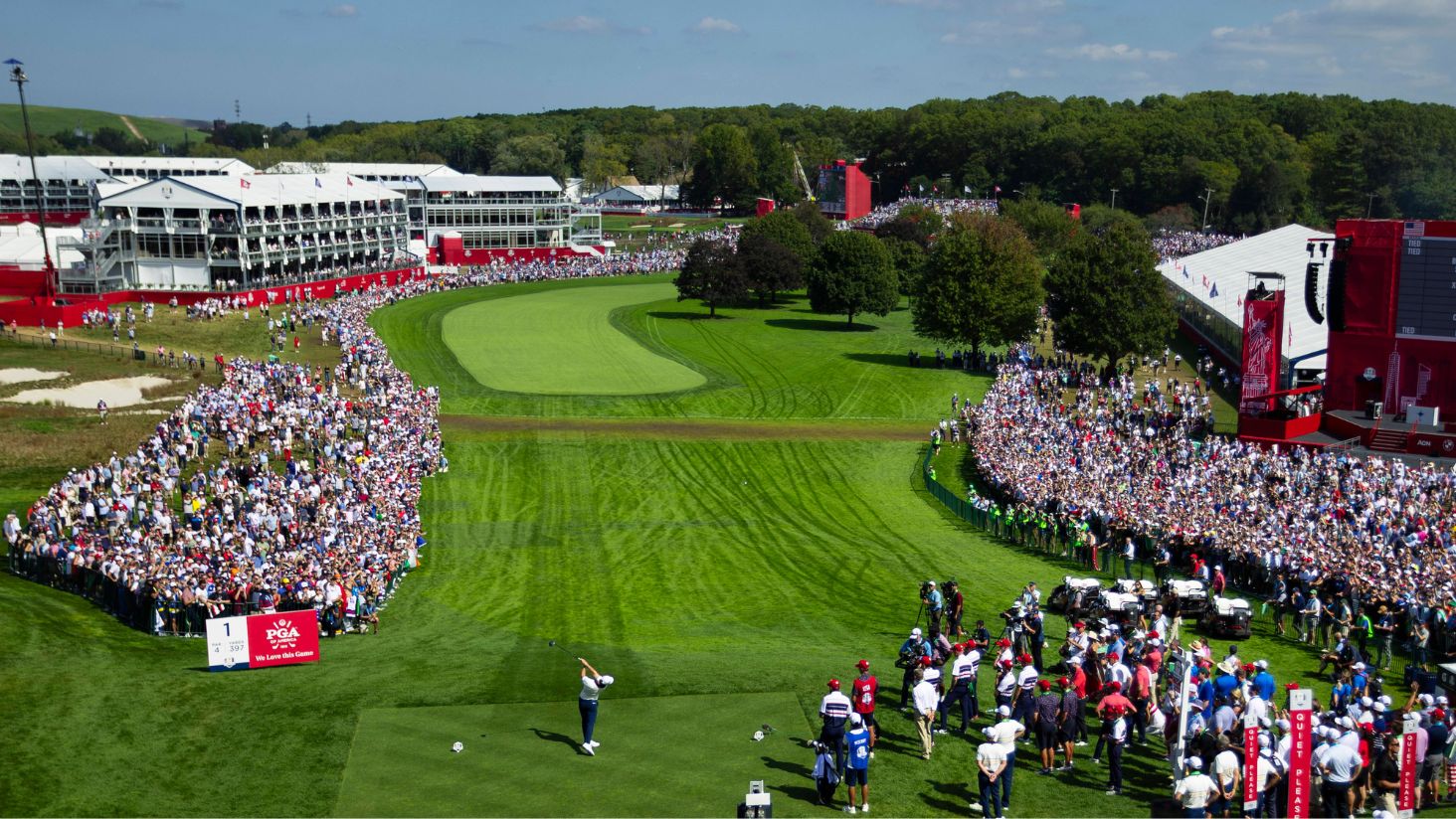
The invisible flaws of the US system
The defeat at Bethpage also shines a light on systemic weaknesses in the US program as opposed to the meticulous organization of Europe.
The captaincy role severely challenged Bradley, who is still an active player. He had to admit that he "had to learn a lot on the fly". This points to a lack of institutional knowledge that is lost in the US system due to the frequent turnover of captains.
In stark contrast, winning European captain Luke Donald revealed his attention to detail. Donald's preparation extended to the smallest detail: he organized special shampoos, provided better beds and even had light gaps in the hotel doors darkened. "My job is literally to give these guys a better chance of winning," explained Donald. This meticulous attention to detail is the modern "price of admission" and a crucial factor that the US team clearly lacked.
The defeat was also accompanied by a sometimes "unruly" crowd whose negative energy frustrated the players. Thomas noted that he wished he had given the crowd "something to cheer for instead of just people to yell at".
The painful wait for the next Ryder Cup
The defeat was the result of a complex mix: the captain's strategic blunder in course set-up, tactical mishaps in the team sessions and an underwhelming performance from the players, compounded by a lack of attention to detail in the organization.
The USA now face the challenge of stopping the downward trend. The team is "nowhere near" on a par with Europe. For the 2027 Ryder Cup at Adare Manor, the US system must not only find a suitable successor for Bradley, but above all internalize the lessons of Bethpage Black: In the modern Ryder Cup, it's the small details that count, and Europe's professional meticulousness is the new standard.




Release date
29 Sep 2025
photos
US captain Keegan Bradley had a tough time at the 2025 Ryder Cup. (Photo: Imago / Shutterstock)

